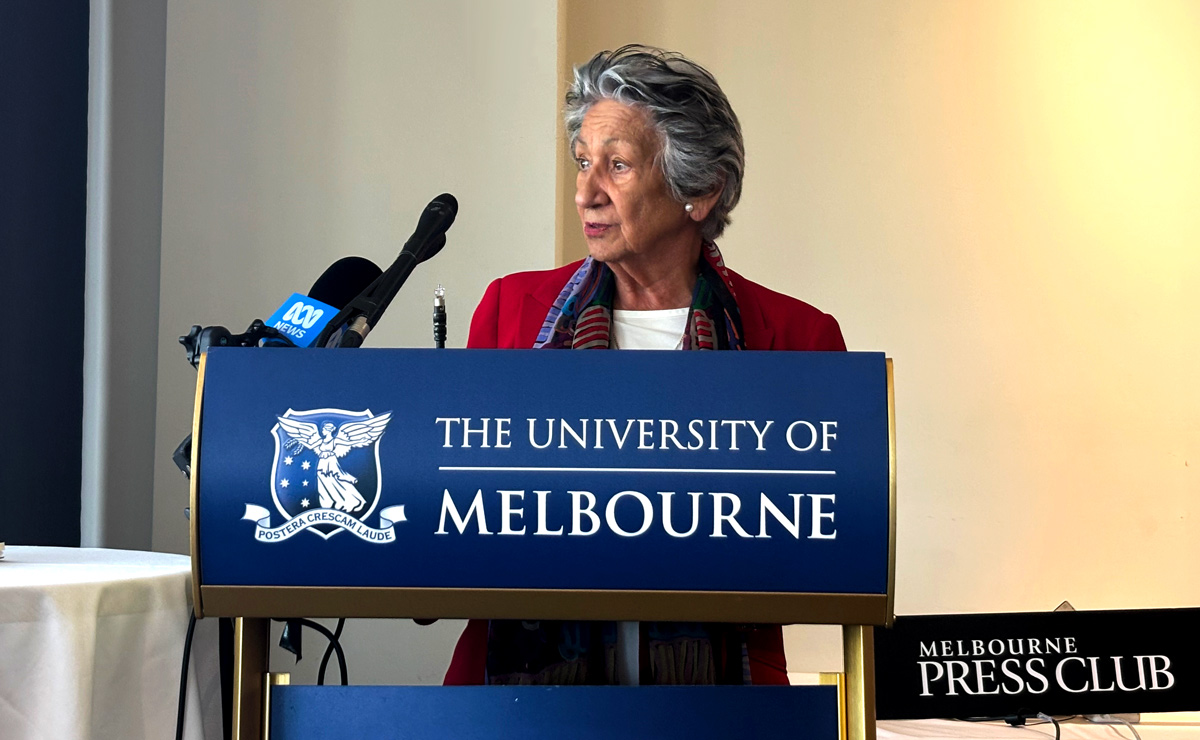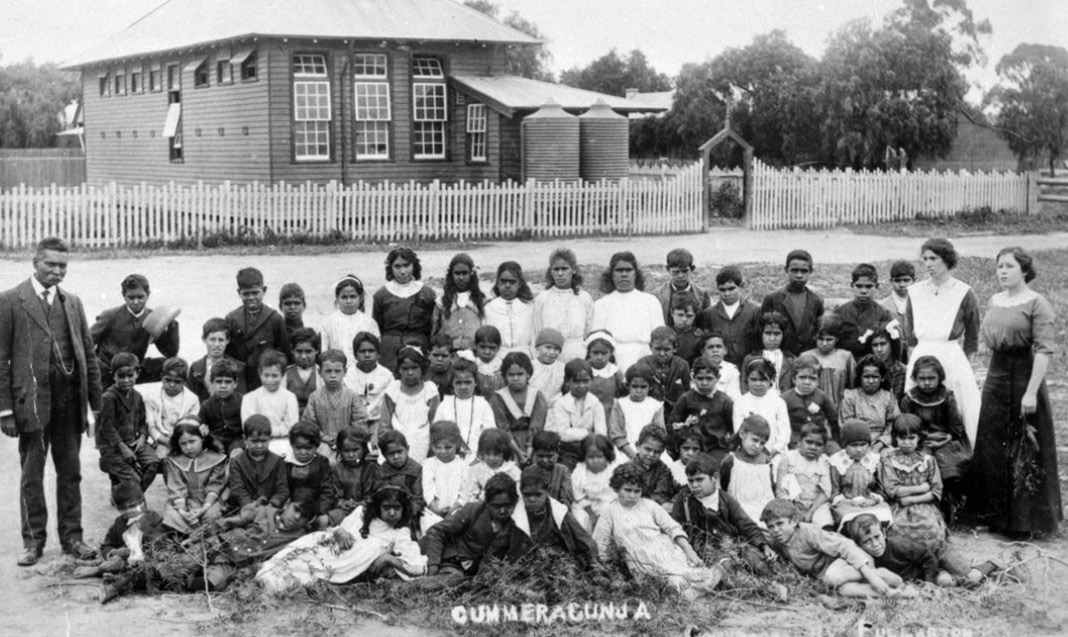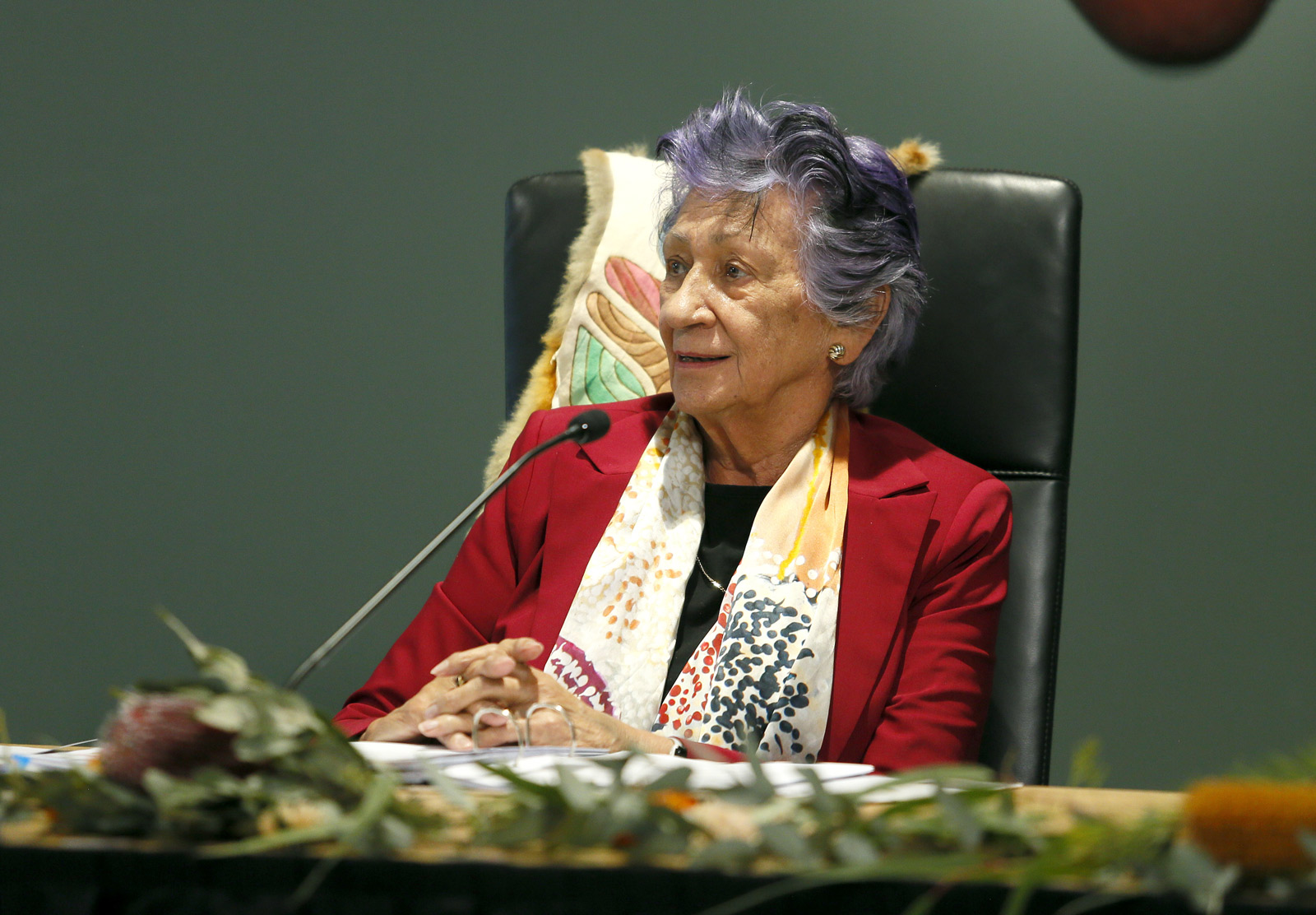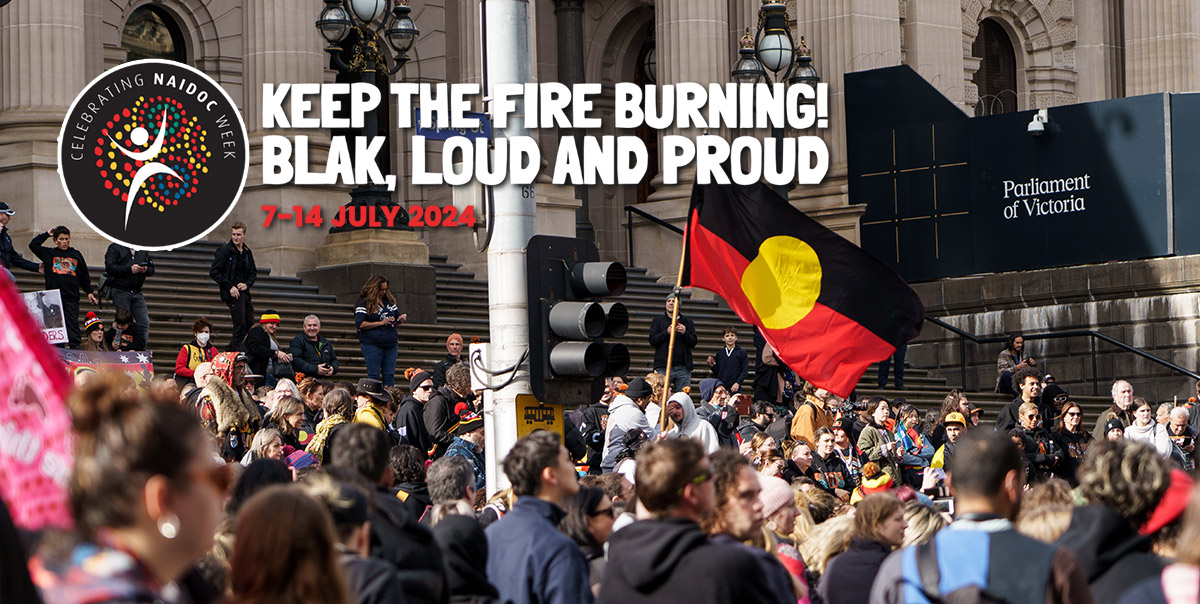
NAIDOC Week is a celebration of First Peoples’ achievements, history and culture. NAIDOC Week 2024 runs from 7 to 14 July and the theme is Keep the fire burning! Blak, loud and proud. We encourage all Victorians to take part in the activities and events, and to learn more about the First Peoples of these lands.
Find out which NAIDOC events are happening in your area here: https://www.naidoc.org.au/local-events/local-naidoc-week-events
Scroll down or click a heading below to learn more about the history of NAIDOC week.
1920s & 1930s
In the 1920s Aboriginal rights groups were increasingly aware that the broader Australian
public was largely ignorant of their protests against the treatment and status of First Peoples.
The movement grew, forming several organisations including the Australian Aborigines League in the 1930s.
1938
On January 26, 1938 – 150 years since the arrival of the First Fleet – protestors marched through the streets of Sydney, followed by a congress attended by over 1,000 people. It was one of the first major civil rights gatherings in the world and was known as the Day of Mourning.
Learn more about the story of the Day of Mourning.

1940 – 1955
The Day of Mourning was held annually from 1940 to 1955 on the Sunday before Australia Day and was known as Aborigines Day.
In 1955, Aborigines Day was moved to the first Sunday in July after it was decided that it should not simply be a protest day but also a celebration of Aboriginal culture.
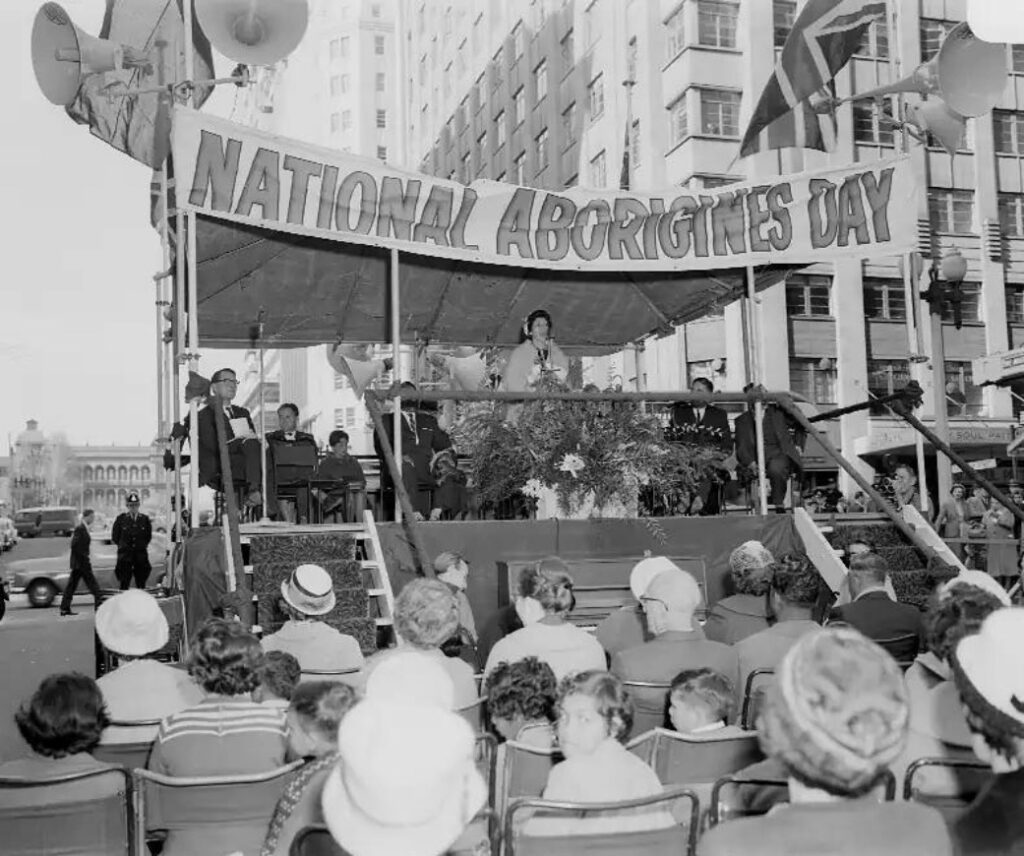
1956 – 1990
Major Aboriginal organisations and state and federal governments all supported the formation of the National Aborigines Day Observance Committee (NADOC). At the same time, the second Sunday in July became a day of remembrance for First Peoples and their heritage which resulted in NAIDOC week.
1974
The NADOC committee was composed entirely of Aboriginal members for the first time. It was decided that the event should be held over a week, from the first to second Sunday in July.
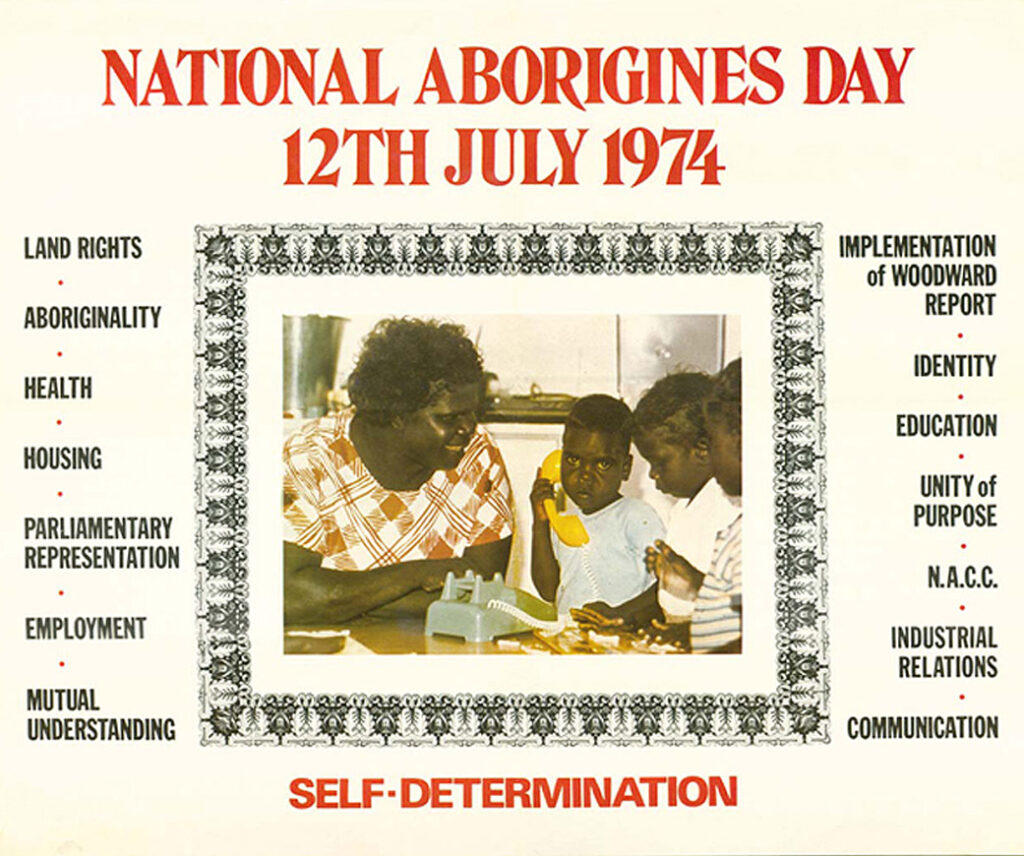
Other NAIDOC posters can be viewed here: https://www.naidoc.org.au/posters/poster-gallery
1991 – present
With a growing awareness of the distinct cultural histories of Aboriginal and Torres Strait Islander peoples, NADOC was expanded to recognise Torres Strait Islander people and culture. The committee then became known as the National Aborigines and Islanders Day Observance Committee, or NAIDOC.
This information can be found on the NAIDOC website. Learn more about the history of NAIDOC week, themes and the committee here:
